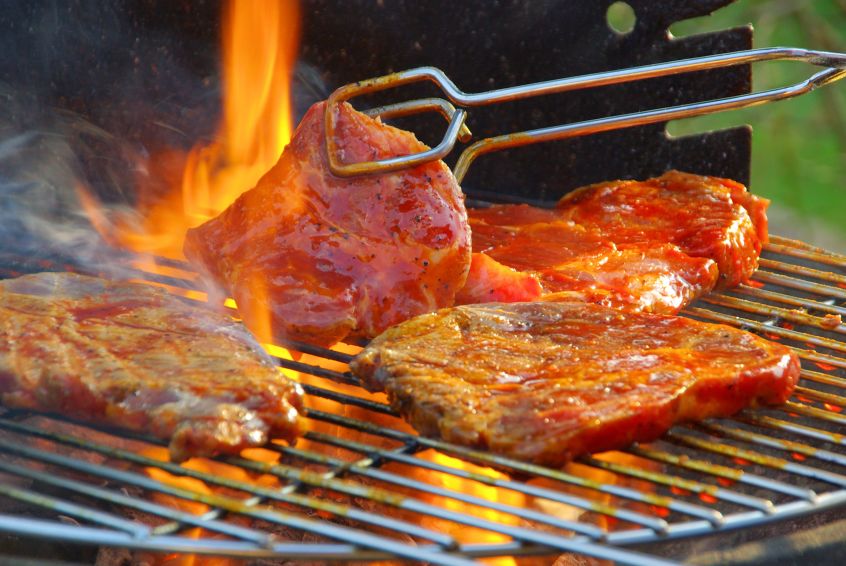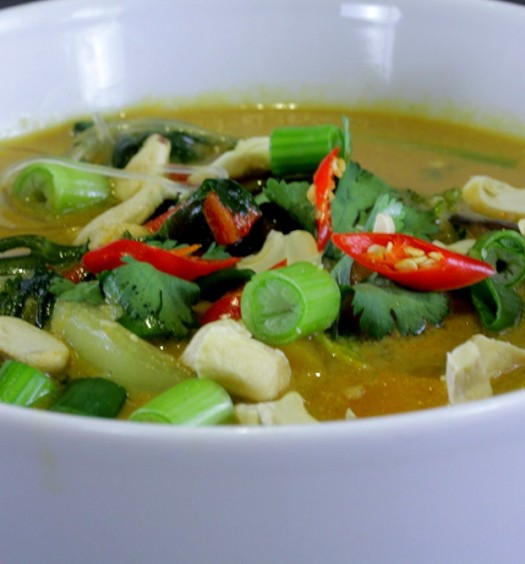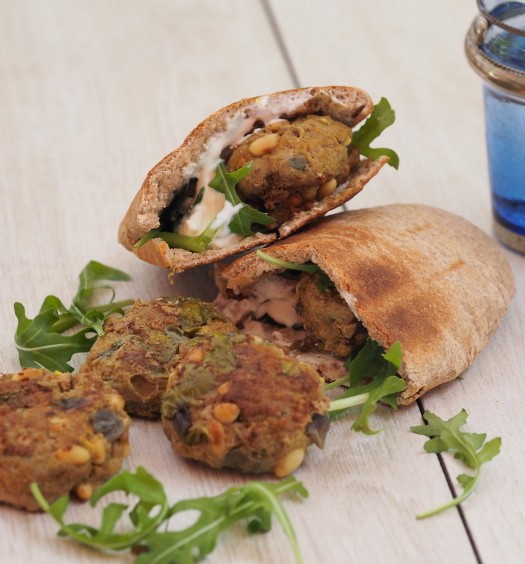Are there ways to make a meat-based barbecue healthier?
Could summer be summer without a barbecue? I don’t think so. As a nutritionist I’m supposed to pour scorn on barbecues for a variety of reasons. I’m expected to encourage people to find alternative ways of cooking or to instead cook ‘healthy’ low fat foods on the barbecue; web searches for healthy barbecue food bring up plenty of ‘guilt-free’ recipes for mushroom burgers, fish and prawns. This is all great, but personally, my first barbecue of the season (at the very least) includes burgers, sausages for the kids, maybe a steak and definitely bottled beer. I don’t think I’m alone.
So rather than talk here about the multitude of healthy barbecue recipes that I know you are perfectly capable of looking up by yourselves, I think it’s of more value to talk about the meat-fest type barbecues. Should we give them a miss? Should we be feeling guilty when we eat them? Or can we make them (nearly) guilt-free after all? Is there in fact, such a thing as a healthy summer barbecue?
The issues:
This is the off-putting bit, but it’s important:
 Higher intakes of meat, especially red and processed meat (including sausages), are associated with higher cancer risk, particularly of colorectal cancer. We should be reducing, not boosting meat intake.
Higher intakes of meat, especially red and processed meat (including sausages), are associated with higher cancer risk, particularly of colorectal cancer. We should be reducing, not boosting meat intake.
Barbecuing is pretty much the worst way of cooking meat, using a high, smoky heat. This generates:
- Cancer-promoting PAHs (Polycyclic Aromatic Hydrocarbon) from the smoke: PAHs coat the meat
- Cancer-promoting HCAs (Heterocyclic Amines) from high heat: HCAs damage the protein structure in the meat
- AGEs (Advanced Glycation End Products) from general cooking of animal products; barbecued chicken, hot dogs and hamburgers have pretty much the highest levels of all foods. AGEs contribute to inflammation, oxidative stress and link to accelerated aging, DNA damage, diabetes and cardiovascular disease.
Meat that is chargrilled, burnt or well done is going to give you an unhealthy dose of each of these.
Great news hey? But there are ways to turn this around:
1. Keep portions small
We all overeat protein at barbecues. Keeping portions small will keep your animal protein intake at a more normal level, so try mini burgers, tiny chicken skewers or steak strips. Smaller portions cook quicker, exposing them to less smoke and allowing fewer PAHs, HCAs and AGEs to form.
2. Choose leaner cuts of meat
Less fat = less drips = less fire and smoke = less PAHs
 Organic sausages are generally leaner, or try grass-fed, lower saturated fat venison or buffalo burgers. Removing chicken skin significantly reduces HCAs when cooking.
Organic sausages are generally leaner, or try grass-fed, lower saturated fat venison or buffalo burgers. Removing chicken skin significantly reduces HCAs when cooking.
3. Make burgers
Making burgers (or lamb kofta) is quick and easy, and kids love getting involved. Simply mix minced meat, onion, garlic, herbs or spices together, form into balls, flatten and chill for at least 30 minutes. You can make mini burgers, and use organic or grass-fed pork, lamb or beef at a fraction of the cost you would pay for the ready-made equivalent.
Adding specific ingredients to the meat helps to protect it. The most protective herbs are rosemary, thyme, sage, oregano, mint and basil. For a different taste, try mixing fruit (cherries, apples, prunes) with burgers: adding garlic to hamburgers can reduce HCAs by over 60% but adding cherries to burgers may reduce HCAs by 80%. These are really simple tips, that help the food to taste great too.
4. Cook quick and flip
Make the men work the barbeque! Charred and well-done meat is a definite no-no; research shows that flipping burgers every 30-60 seconds should minimise charring and creates fewer HCAs. For those who enjoy their red meat rare, good news – it produces fewer cancer boosting chemicals due to the lower cooking time.
5. Marinate everything
Ok, maybe not possible with burgers and sausages but all other animal protein should be marinated (but not in sugar!) – even a couple of minutes marinading are better than none.
 Beer marinades are particularly effective at lowering PAHs. Black beer (ale, stout, guiness) is best, but non-alcoholic and alcoholic pale beers also work, as do red and white wines.
Beer marinades are particularly effective at lowering PAHs. Black beer (ale, stout, guiness) is best, but non-alcoholic and alcoholic pale beers also work, as do red and white wines.
Make sure your marinade liquid is thin. Thick, traditional barbecue marinades contain sugar, honey and tomato sauce that increase charring; one study found they tripled HCAs. If you prefer a non-alcoholic marinade, other effective options are yogurt, or an acid (vinegar or citrus juice) in combination with oil. Be picky with your oil: extra virgin olive oil reduces HCAs more than other oils.
 To make the marinade more effective, research shows that adding herbs, onions, garlic or spices (such as turmeric or ginger) into the liquid helps to neutralise the cancer-forming chemicals even more.
To make the marinade more effective, research shows that adding herbs, onions, garlic or spices (such as turmeric or ginger) into the liquid helps to neutralise the cancer-forming chemicals even more.
6. Eat healthy food or drinks with your barbecue
Relevant to all barbecued meats, but especially to sausages, as we don’t marinate them and much as I love cooking, I’m not making my own. Neutralise some of the cancer-forming chemicals by accompanying your (non-charred) sausages with:
- Bottled beer, tea (try a jug of iced green tea) or red wine
- Avocados: one study showed eating avocado with burgers reduced HCAs by 70%. Since discovering this, guacamole or avocado salads are now an integral part of our barbecues.
- Liver supportive foods: plates of radishes, griddled asparagus, artichoke or beetroot dips and salad leaves including rocket, mustard, chicory, beetroot, spinach and watercress. Cruciferous vegetables – coleslaw, broccoli or cauliflower crudités and kale chips also help to neutralise HCAs.
- Fruit: healthy home-made ice lollies or smoothies are perfect for kids; cherries, berries, kiwi, red grapes and hydrating watermelon in particular help to counter the chemical impact of barbecued meat
- Where to buy antabuse 250mg in Kelowna online
- Generic imitrex 100mg from Tallahassee
- Ohio shipping floxin 300mg
- Substitute for drug flomax
- Buy propecia online
- Buy minipress online usa
- Where to buy tribenzor in New York online
This blog isn’t intended to justify red meat on every single barbecue (vegetarian options, fish and chicken should also feature!) but if you do have a penchant for burgers and sausages, there are plenty of easy ways to make them more healthy and to enjoy your barbecue without feeling guilty!
We hope you enjoy this blog post, let us know your thoughts in the comments below or on social media – we’re on Twitter, Facebook, Instagram and Pinterest. And don’t forget to sign up to our newsletter to receive a monthly update of our recipes, nutrition tips and expert advice.





